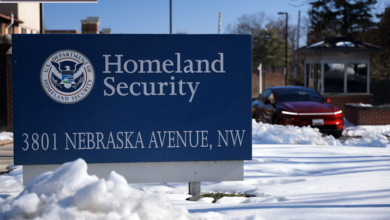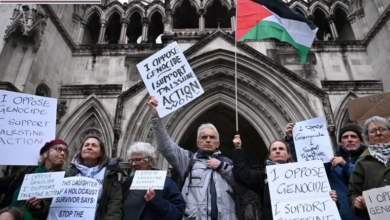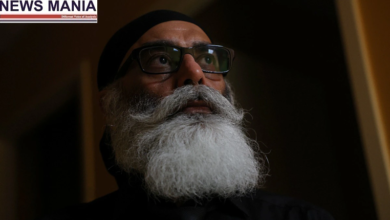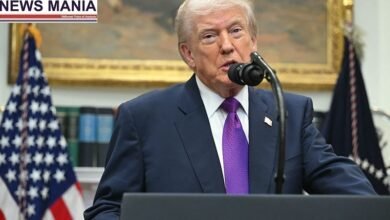Anura Kumara Dissanayake’s party, which supports Marxism, gains a majority in parliament
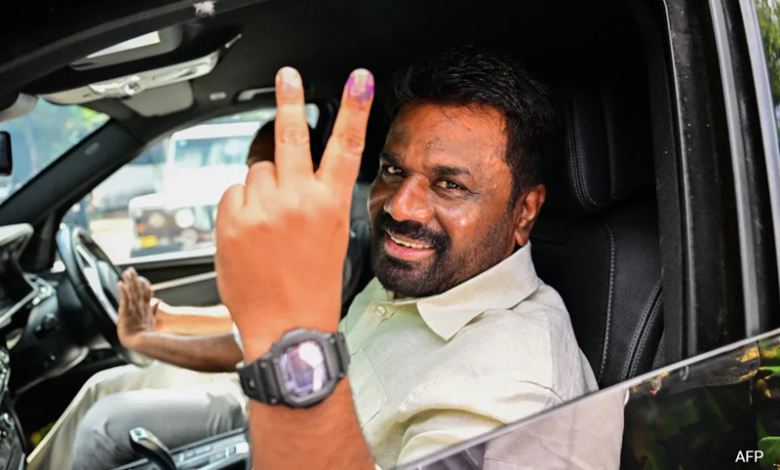
News Mania Desk / Piyal Chatterjee / 15th November 2024
According to official election results released on Friday, November 15, Anura Kumara Dissanayake, the country’s new president with a Marxist leaning, has a majority in Parliament, which gives him a solid mandate for his economic recovery agenda.At least 123 of the 225 seats in Parliament have been won by Anura Kumara Dissanayake’s National People’s Power Party, according to Election Commission findings, the Associated Press said.
Under the leadership of opposition leader Sajith Premedasa, the Samagi Jana Balawegaya (United People’s Power Party) won 31 seats. Dissanayake defeated the established political parties that have controlled Sri Lanka since its independence in 1948 to win the presidency on September 21.
In less than two months since taking office, Dissanayake’s party had a notable increase in support, although only garnering 42% of the vote, casting doubt on his party’s chances in the parliamentary elections. Along with numerous other minority strongholds, Dissanayake’s party unexpectedly won the Jaffna district, which is the center of the ethnic Tamil community in the north of Sri Lanka. This marked a dramatic change in the country’s electoral landscape.
The traditional ethnic Tamil parties that have controlled northern politics since independence have suffered a serious setback as a result of this Jaffna triumph. Additionally, it marks a change in the mindset of Tamils, who have traditionally been suspicious of politicians with a Sinhalese majority. Citing marginalization by Sinhalese-led governments, ethnic Tamil separatists waged an unsuccessful civil war from 1983 to 2009 with the goal of establishing a separate nation.
The Sri Lankan civil war claimed the lives of more than 100,000 people, according to conservative UN estimates. Sri Lanka’s proportional representation system, which assigns seats to parties according to the percentage of votes they earn in each district, was used to compete 196 of the 225 seats in parliament. Parties and independent organizations are given the remaining 29 seats, also referred to as national list seats, according to the percentage of the total votes they earn across the country.



